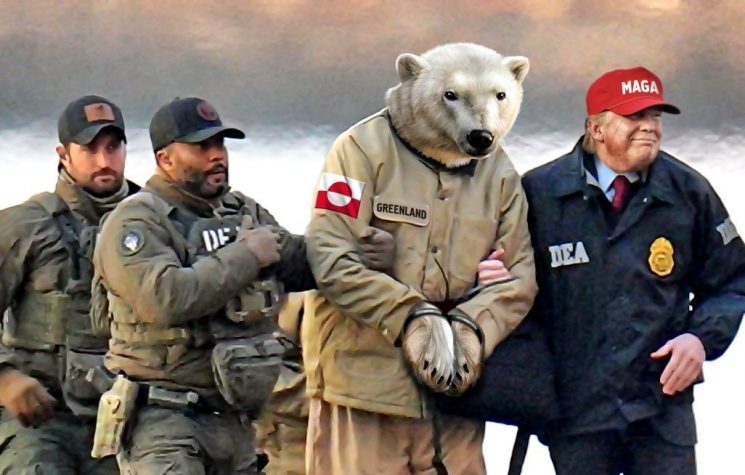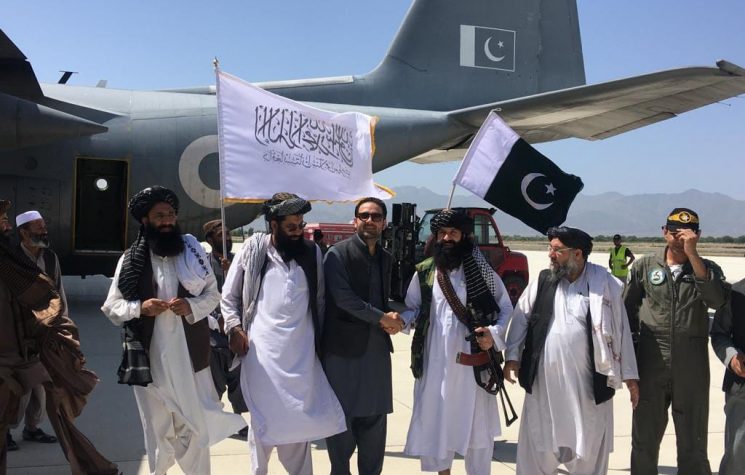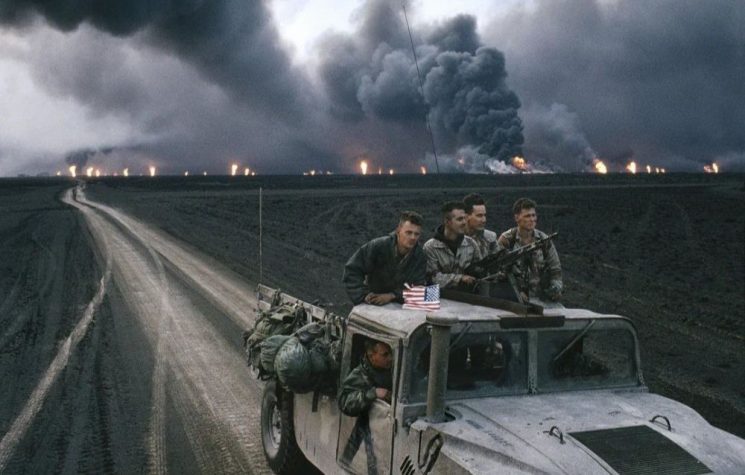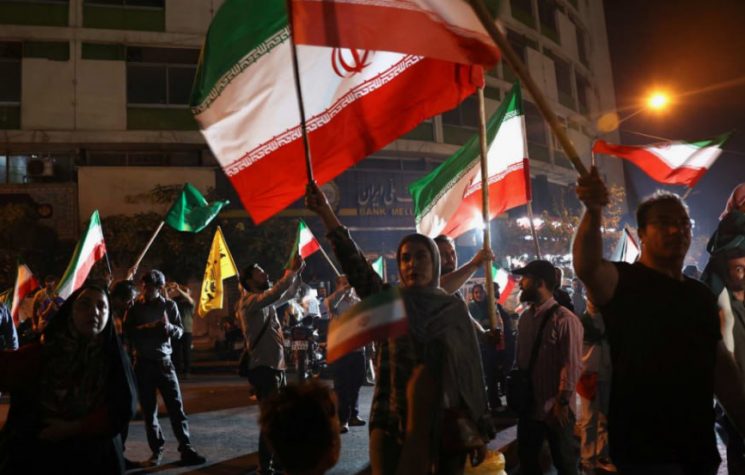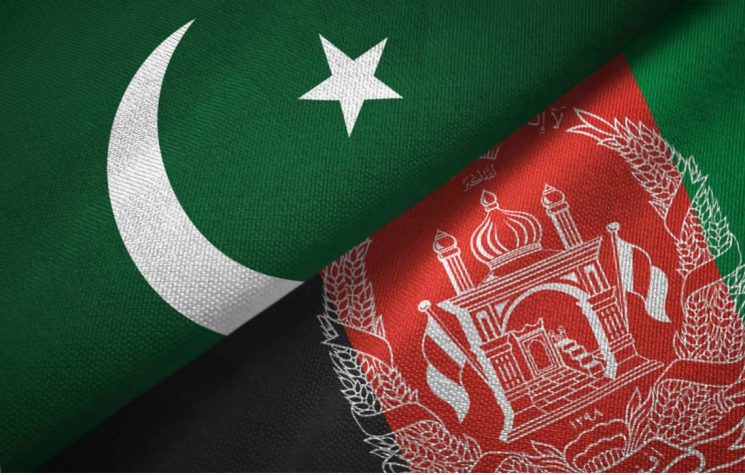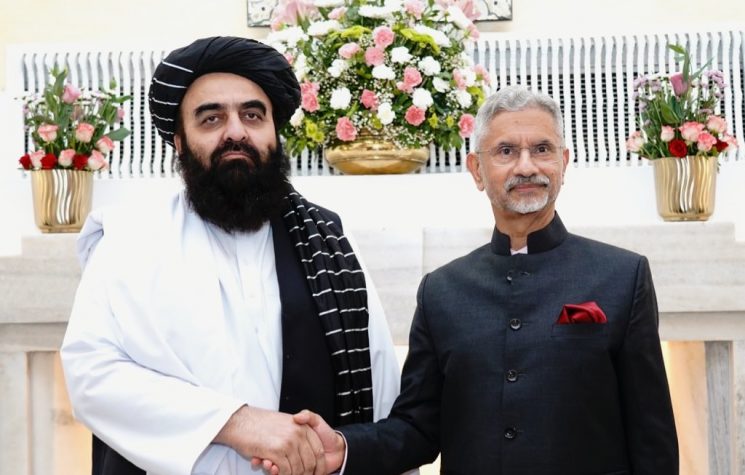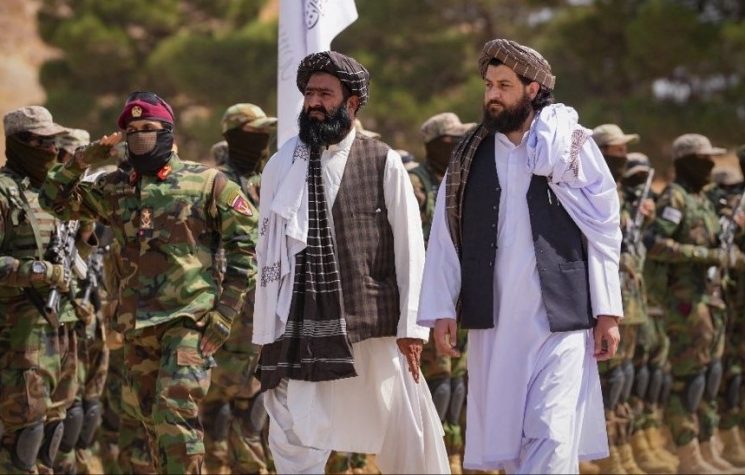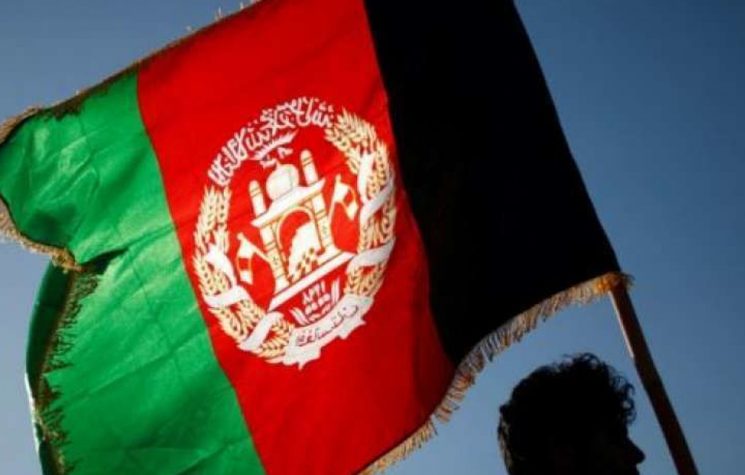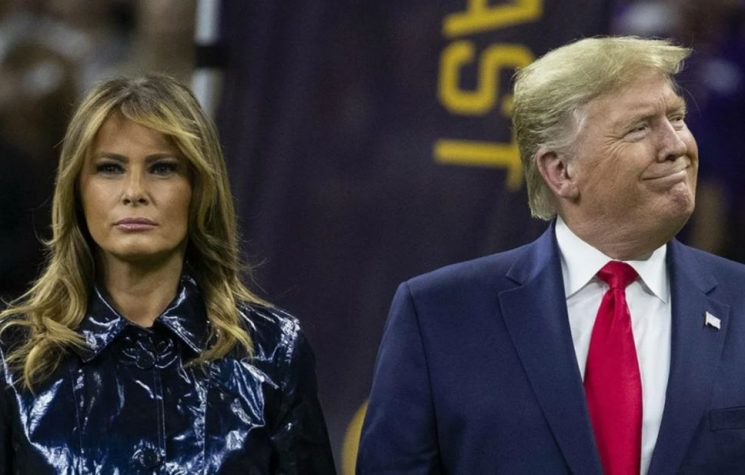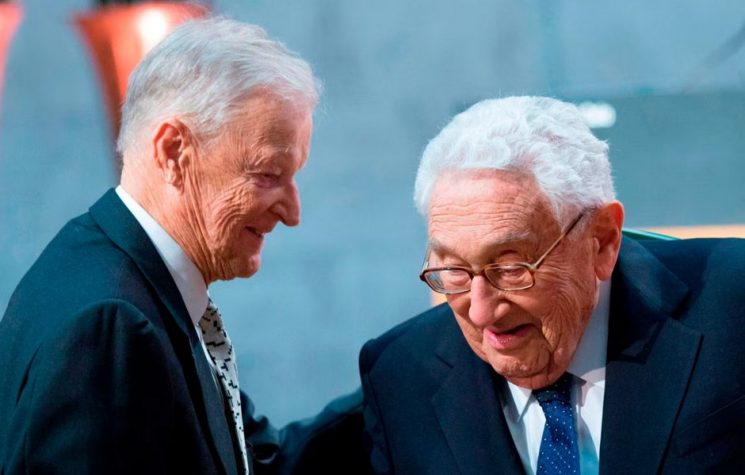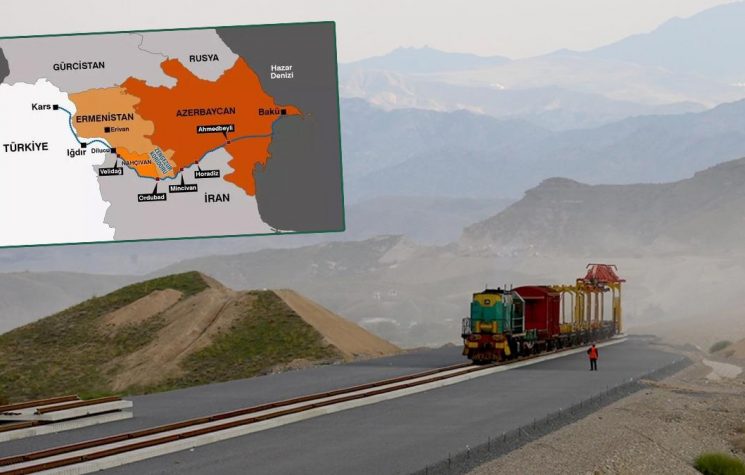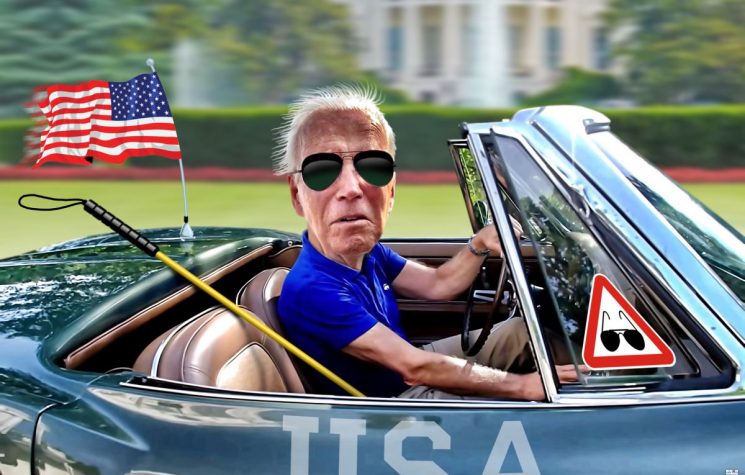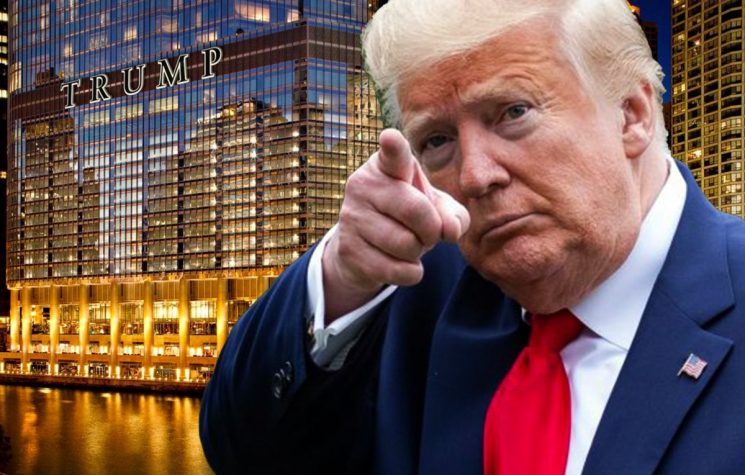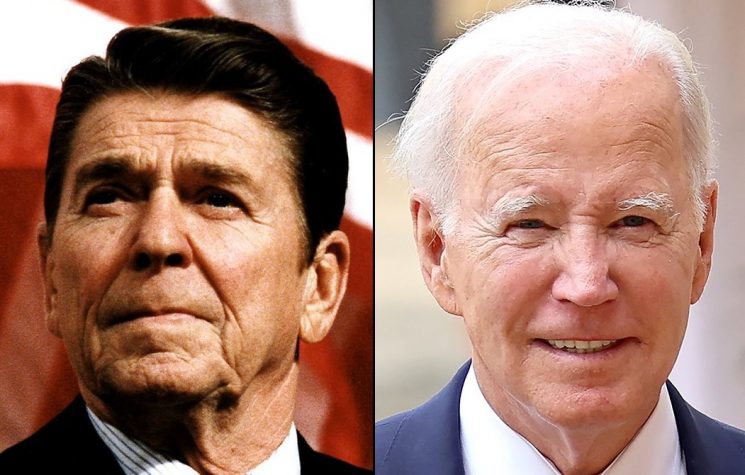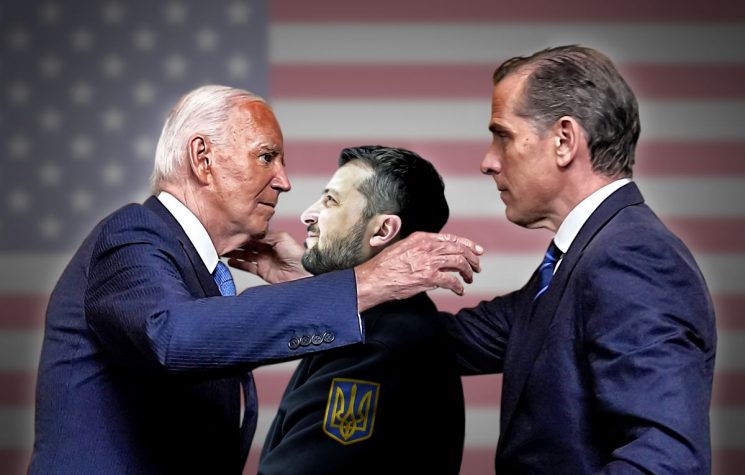We shouldn’t be surprised if Joe Biden’s efforts to get out of Afghanistan are also not so honest, Martin Jay writes.
It is often said that the first casualty of war is the truth. America’s campaign in Afghanistan is based on a foundation of lies and half-truths and we shouldn’t be surprised if Joe Biden’s efforts to get out of the country are also not so honest.
Joe Biden is on the same page as his predecessor Donald Trump when it comes to Afghanistan. Both want U.S. troops out of the country which defeated the British Empire, not to mention the Soviets at the end of the Soviet Union which is often called the graveyard of empires.
When I was there in 2008 reporting for Euronews, I saw such graveyards. Hundreds upon hundreds of Soviet tanks lined up neatly in a field waiting for the day when their parts will become useful to someone, somewhere.
But Afghanistan really is the place where superpowers fall on their swords and leave as in history, both Britain and Russia miscalculated what they were taking on.
And it’s the same with today’s NATO-led coalition, led by the U.S., of course, which is still there today, which entered under a completely bogus pretext of killing Al Qaeda troops and hopefully capturing its leader.
In reality, when 9-11 happened, something snapped in the George W Bush administration among its cabal of advisors many of whom were working with George Bush senior. People like Dick Cheney who, among others, were part of a team which was desperately trying to convince the Taliban government in Kabul in the early 90s to sign off a U.S. energy deal involving hundreds of miles of pipeline stretching from Kandahar in the South of Afghanistan all the way to the Pakistani coastline in Karachi. No matter what the Bush senior administration did, the Taliban never agreed to the deal, which is, in fact, one of the chief reasons why all of the might of the U.S. military is in that same region in Afghanistan today, fighting the Taliban.
And so, for George Bush senior’s son, to invade Afghanistan following the New York terror attacks, was more about pressure from the old guard advising his dad and settling scores, rather than dealing with terrorism head on. It was a lie which the American public swallowed. The Americans went into Afghanistan more based on securing energy deals and teaching ragtag Islamic dictatorships a lesson in geopolitics and what superpowers can really do when you don’t bend over for them. Refuse to do business with Uncle Sam on his terms and make yourself number one enemy with Washington, itching to press the button.
And it’s a similar story of lies and half-truths with Biden’s own problems with his strategy to get U.S. troops out today. Much is made of not letting the Taliban take the power vacuum left over and make a mockery of the 2300 U.S. soldiers who died fighting the Taliban in a war which no one can really explain in Washington, going back two decades. And just as Robert McNamara, America’s former defence secretary was exposed by his own papers in 1971 admitting that America’s main reason for not pulling out of Vietnam was to not lose face, the same rationale is being played today by Biden.
In 1971 no one cared about the lives of American soldiers. And it’s unlikely even today Biden is kept awake by those who lost their lives there in the U.S. military. And It’s really not even so much about leaving the country fall into the hands of the Taliban who Trump made, with the stroke of a pen an ally in the fight against terrorism there with two partners of the Taliban (ISIS and Al Qaeda), which it will. Biden’s real problem is what happens if American troops pull out and other key allies like the UK and France stay? The two scenarios if many NATO (or more specifically ISAF) partners stay both bode poorly for Biden. If NATO partners stay there and continue the fight against the Taliban, and keep the group from taking power, then this reflects badly on America. But if they stay and fight and take heavy losses, which then leads to the Taliban taking power and kicking them out, then this might end a few valuable alliances that America has around the world.
This is the core of why Biden is not pulling troops out now. Both his two top people on the foreign policy circuit Antony Blinken and Lloyd Austin are both busy meeting with NATO and Afghanistan government officials. Blinken is trying to cajole the big NATO players like Britain, France, Canada and Germany to leave when the U.S. leaves. Austin, Biden’s own Robert McNamara was recently in Kabul trying, but without much luck, to convince the present government to accept a power sharing agreement with the Taliban to avoid a bloodbath when U.S. troops pull out. But Biden’s people are not making much headway. And there is the question of Russian troops there. Will they be part of this pact? Will they go along with Biden’s thinking? Unlikely.
The difference between Biden and Trump is really here with these relationships with other partners on the ground, fighting alongside U.S. troops. He can probably count on support from Boris Johnson but the others will have their own views about how to manoeuvre through this particular minefield. Trump didn’t give two hoots about NATO allies. Biden however puts enormous importance on these relationships, and so, in many ways, it will be these key allies which will decide if he goes ahead and pulls out troops next year (which is what he has hinted his plan is, in reality). In reality, the chances though of getting a deal with the government in Kabul and the key NATO partners – as well as expecting a peaceful transition into power of the Taliban itself – is about the same as someone turning up in Afghanistan and buying up all those rusty Russian tanks. Don’t hold your breath.








